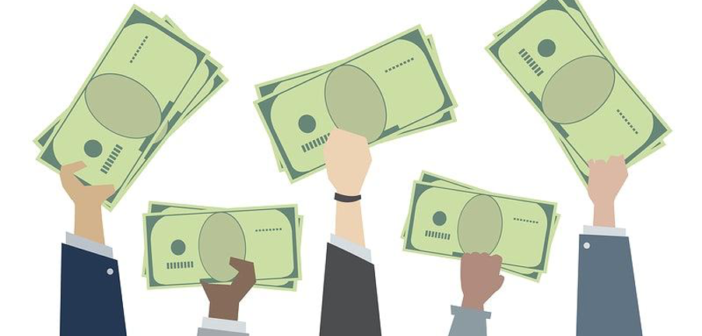When you’re looking for ways to improve your spending habits, or increase your savings, it’s easy to get caught up on the “big” things.
We look at stuff like selling our cars and switching to public transport or downsizing to a smaller house. However, it’s sometimes the smallest changes that can have the biggest impact on your financial health long-term.
Whether you’re worried about the long-term impact of overspending on your bank account, or you just want to make sure that you reach your savings targets this year, it pays to start by taking a closer look at those smaller expenses in your budget.
Small Expenses and what They Really Cost
When we talk about small expenses, we’re often referring to anything that costs less than £5, or anything that you can easily forget about by the end of the day. It might be the first cup of coffee that you buy yourself on the way to work each morning, or the sandwich you buy at lunch because you forgot to pack your food again.
Maybe you spend a couple of pounds every day on a magazine or newspaper, or you’re constantly pushing coins into a vending machine for a sugary pick-me-up. Most of the time, these little costs can avoid making their way into your budget planning, because you think that they’re not significant enough to reference. However, it’s only when you look at the bigger picture when you see what these costs really amount to.
For instance, if you’re spending around £3 per day on a coffee, and you buy that coffee 5 times per week, that’s £15 in total coming off your weekly budget. Combine that with the £20 you spend on food because you’re not packing your own lunch, and another £15 on snacks and drinks throughout the day, and you’re spending £50 a week on just going to work.
How to Handle Small Expenses
The key to success with proper budgeting is knowing how to manage your incoming and outgoing expenses. When you build your budget, you make a list of all your outgoing costs, and whether they’re essential, or luxury. For instance, if you decide to get a loan from somewhere like Omacl.co.uk so you can invest in a new car to take you to work, this is an essential expense, and something that’s well worth consideration in your budget.
On the other hand, the £15 per week that you spend on coffee might not be as essential, because it’s something you want, rather than something you need. Remember, you can just as easily take your own coffee to work in a thermos instead and cut the costs.
To figure out where your small expenses are having the biggest impact on your life, the best thing you can do is become more aware. Using banking and budgeting apps to track your costs and determine where your biggest problem areas are is an excellent way to ensure you fully understand just how problematic those little costs can be.
Once you’ve collected enough information about your “small” expenses, you can figure out which of them make the biggest difference to your budget, and begin coming up with ways to change your spending habits.
Banish little Costs for Big Differences
Something as simple as switching your purchased coffee each morning with one that you make yourself and take to work could save you anywhere up to £10 per week. That’s another £10 you can put towards your savings or spend on something you really will enjoy. On the other hand, you could consider things like stocking up on bulk healthy snacks that you can take to work, instead of buying them from the vending machine.
Taking your own healthy snacks to the office will reduce the money that you put back into the machines at your job. At the same time, it’s a chance to make a positive difference to your life in more ways than one. You could reduce your intake of calories and improve your health at the same time, all while seeing the influence on your bank account.
The important thing to remember is that successful budgeting is about awareness, not just cutting out every penny you spend. If you notice that you spend £20 per week on lunch, but you think this gives you a good chance to network with your colleagues and access new opportunities, then you might decide that it’s worth the cost. It’s up to you to prioritise your spending.




